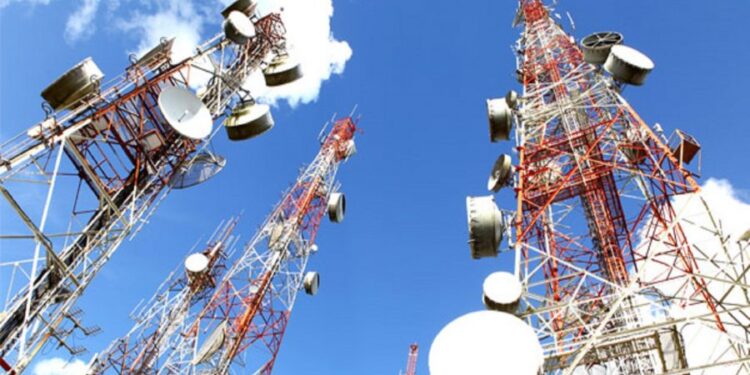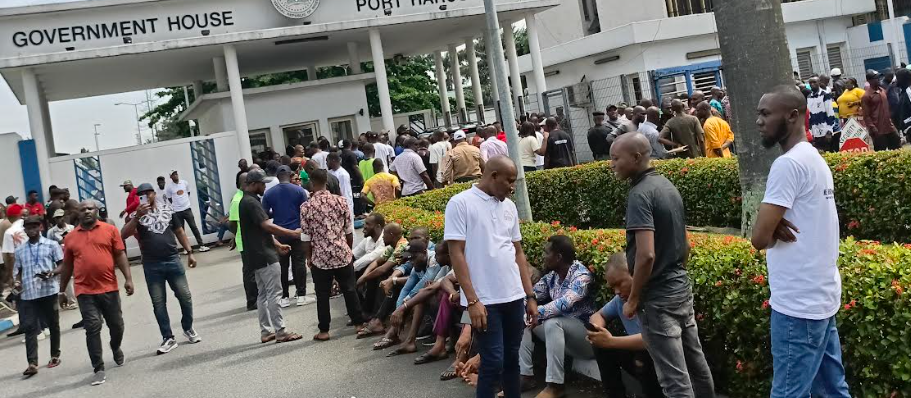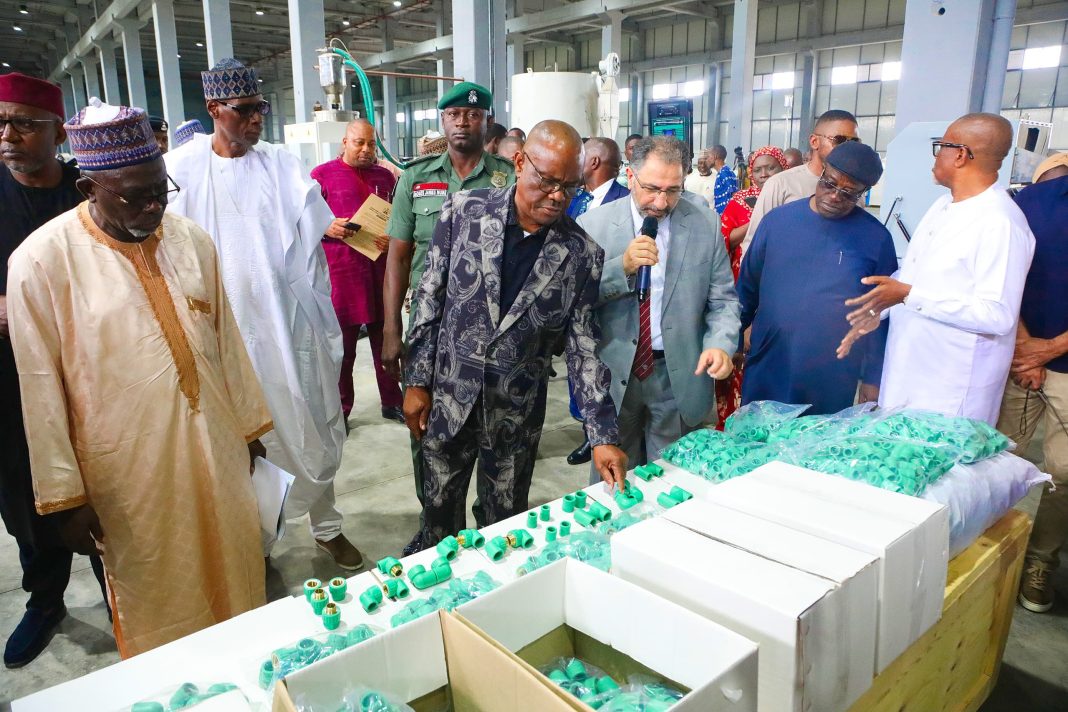By Milcah Tanimu
The telecommunications sector in Nigeria is experiencing a significant downturn, with the Gross Domestic Product (GDP) growth rate for the sector steadily declining over the past year. According to the National Bureau of Statistics (NBS), the sector’s real GDP growth fell from 11.71% in Q1 2023 to 5.17% by Q2 2024.
This decline is largely attributed to challenging economic conditions, including high inflation and the devaluation of the Naira. While telecom operators have reported revenue growth, these gains are overshadowed by broader economic issues impacting the sector.
Forex losses have particularly hit telecom companies hard. MTN Nigeria, for example, with 79.7 million subscribers as of December 2023, reported a substantial after-tax loss of N137 billion, largely due to foreign exchange losses amounting to N740 billion ($815.79 million). Similarly, Airtel Africa, which had 50.9 million subscribers in Nigeria as of March 2024, faced a $89 million loss for the fiscal year ending March 2024, primarily due to forex challenges.
The devaluation of the Naira has led to decreased investment in the sector, as telecom operators heavily depend on imported infrastructure for expansion. Industry experts stress that the devaluation and ongoing economic difficulties have eroded the real value of operators’ earnings, constraining growth.
Mr. Akin Naphtal, Founder and CEO of the Africa Digital Economy Forum (ADEF), has called for urgent government intervention. He highlighted that the telecommunications sector, crucial to the digital economy, is facing long-standing issues such as high right-of-way fees and multiple taxation. He emphasized the need for stakeholders to address these challenges to rejuvenate the sector.
Telecom operators, represented by the Association of Licensed Telecom Operators of Nigeria (ALTON) and the Association of Telecommunications Companies of Nigeria (ATCON), have been advocating for a tariff increase to offset the impact of inflation and currency devaluation. They argue that the sector is the only one that has not adjusted its prices despite rising inflation, due to regulatory constraints imposed by the Nigerian Communications Commission (NCC). The NCC has indicated that a cost-based study is underway to assess the possibility of approving price increases for operators.





